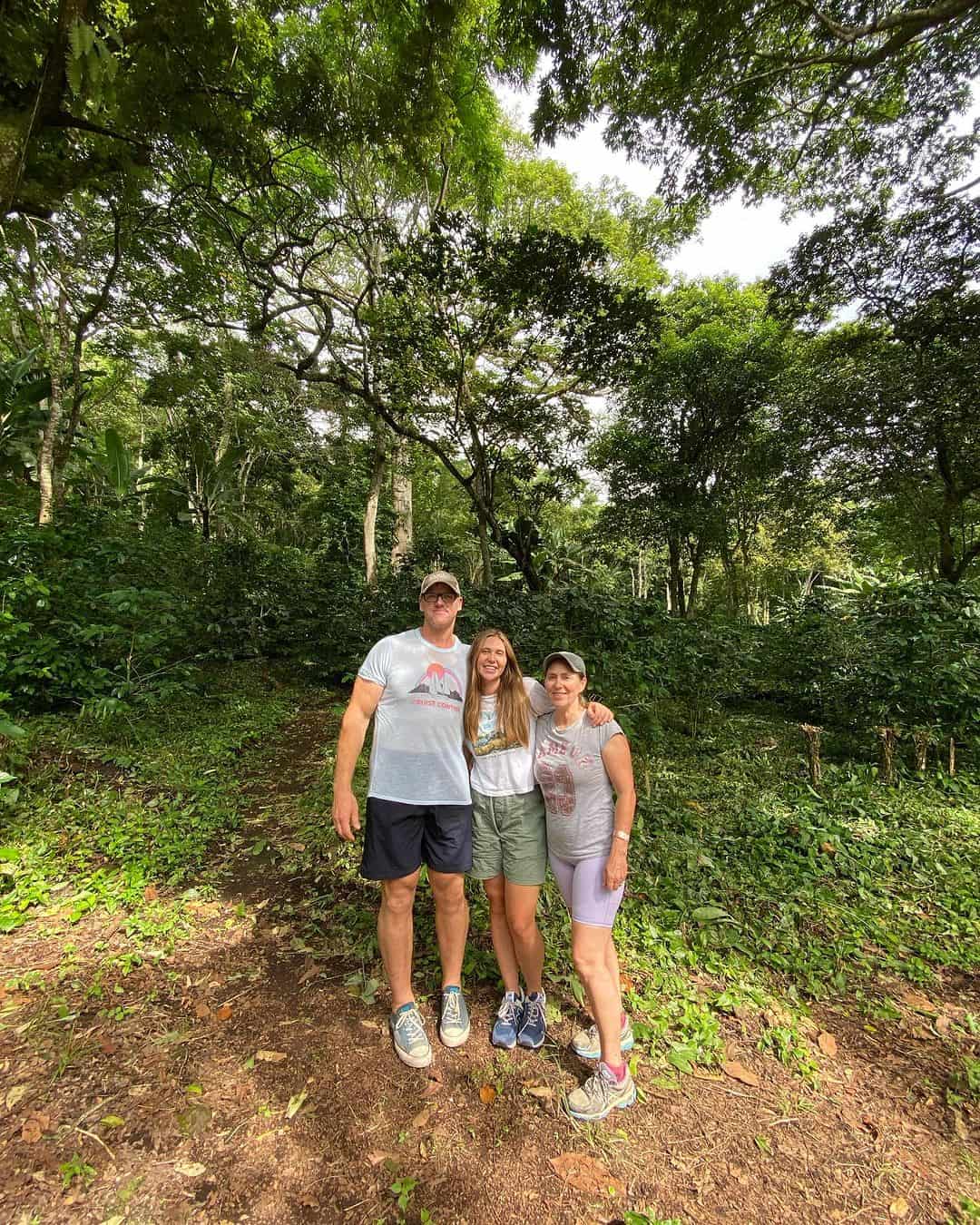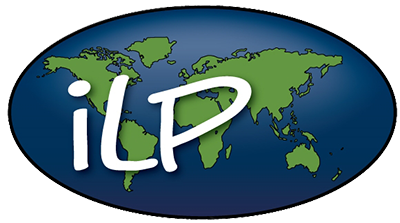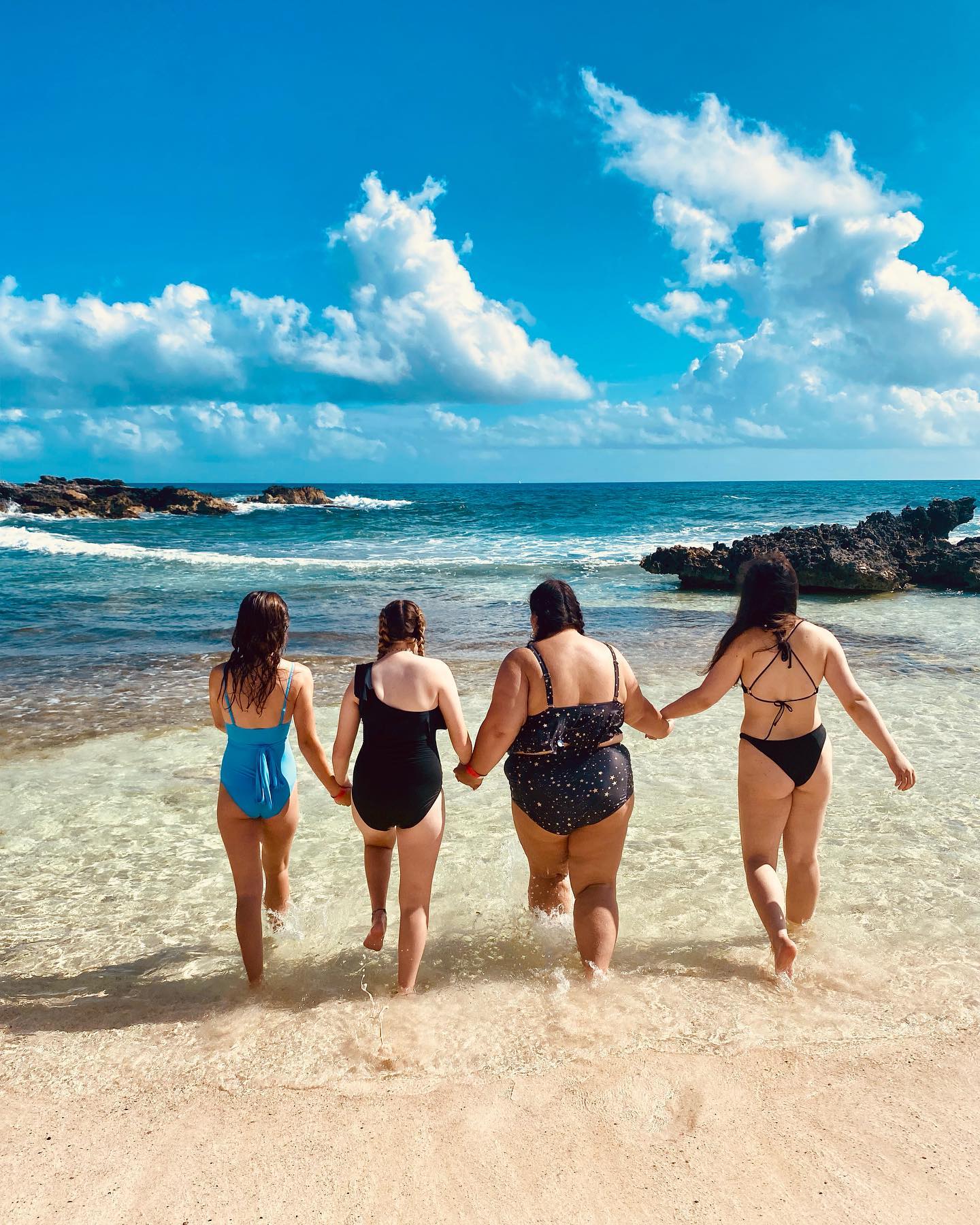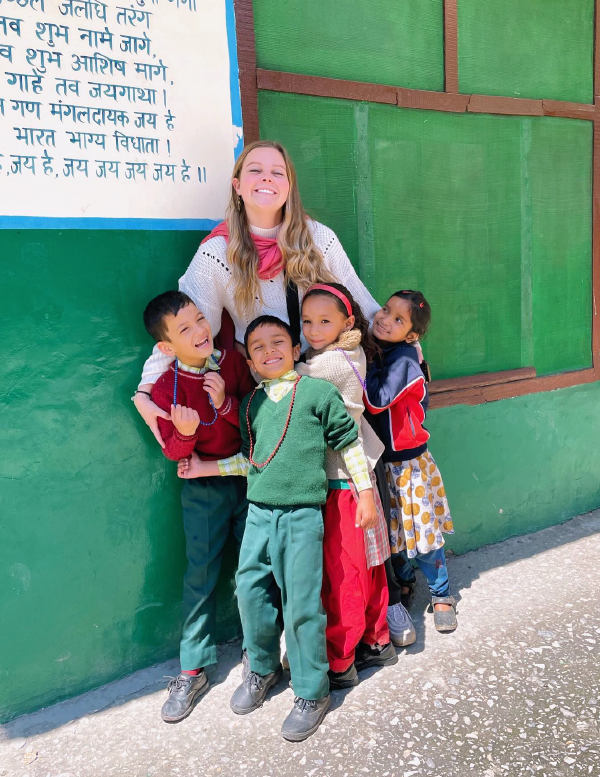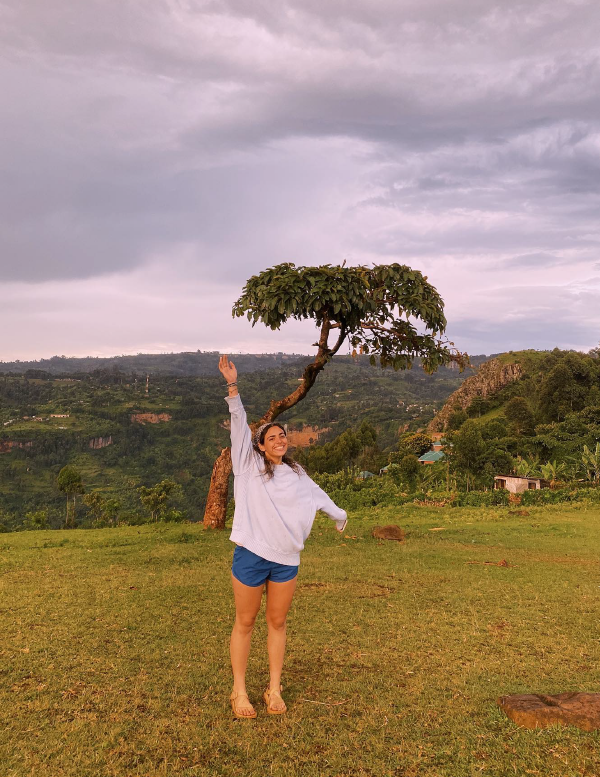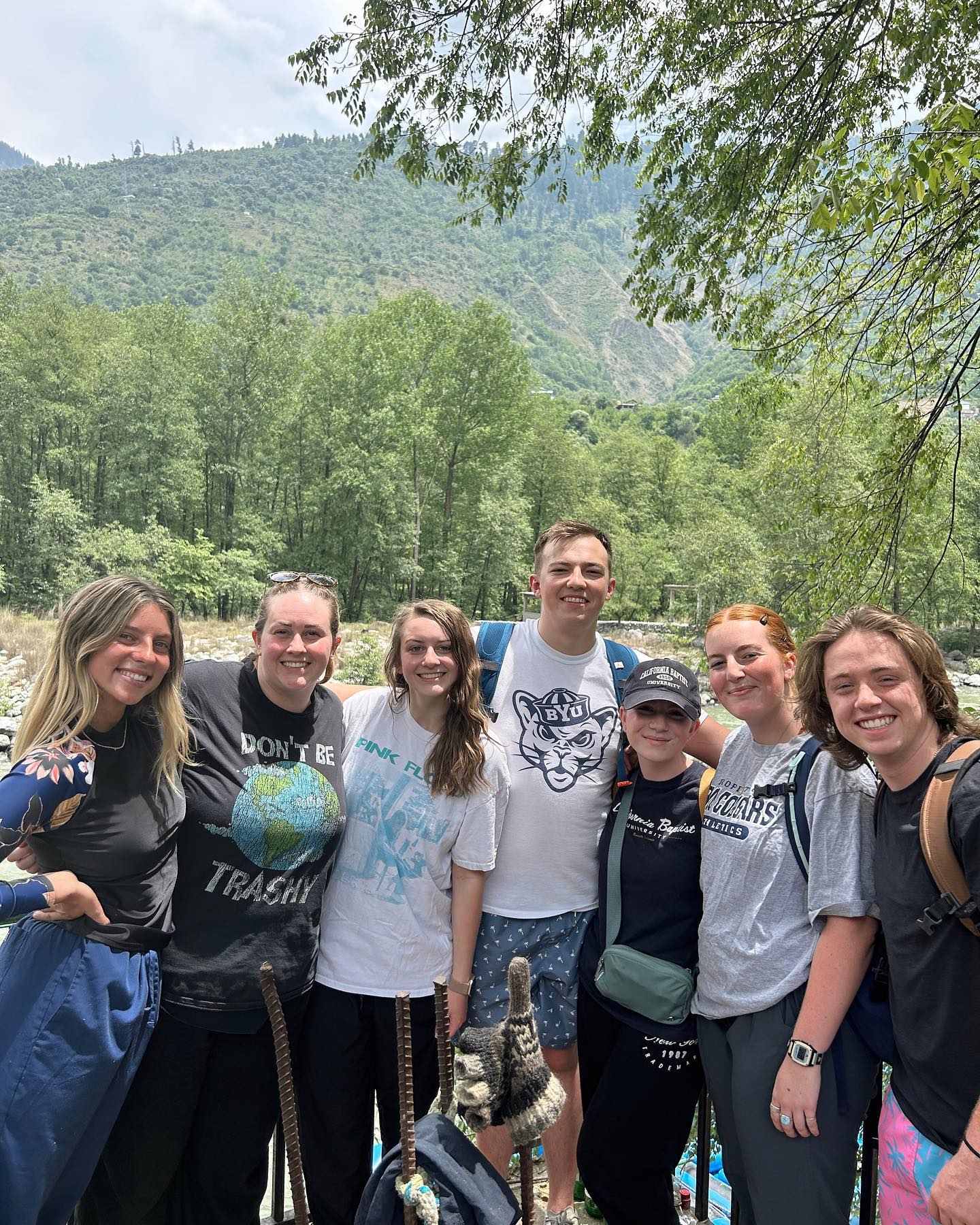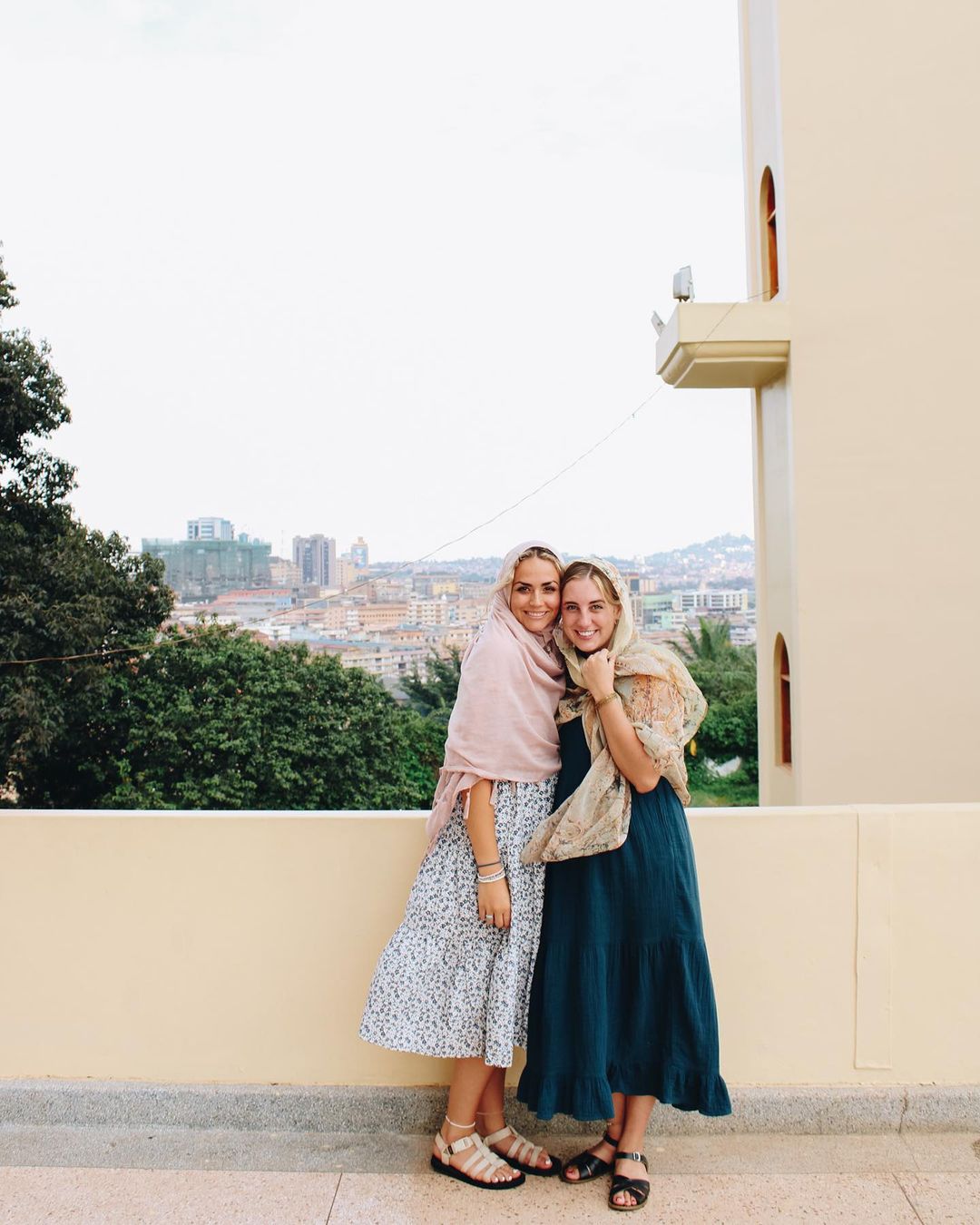The Basics Of Volunteering With ILP
What Happens First?
Each volunteer will start the application process online and will then be in touch with their specific ILP representative (who works from our office in Orem, Utah). Their ILP rep and our ILP Support Team will help them with every step of the process from getting ready to go, all the way through the experience until they’re headed back home. Everyone on our team has volunteered with our program before and we’re to help answer any questions (yours included!).
How Long Is It?
Most semesters are about 3-4 months and follow fairly closely to university semesters.
What Are The Costs?
The tax-deductible program fee starts at $3,170 (cost depends on the location and is on average around $4,000). All program fees include roundtrip international airfare from the U.S. departure airport, in-country airport pick up + drop off, visa, housing, at-home meals (breakfast, lunch, and dinner), WiFi, Pre-Departure + In-Country Training, and support throughout the entire experience, as well as language and cultural experiences.
We suggest volunteers also budget around $1,500-$3,500+ for activities/vacations and personal purchases throughout the semester (this range depends on their goals for the semester, spending habits, and destination country).
We have several customizable zero interest payment plans available so that volunteers can find the right plan that works for them, whether they’re signing up in advance or right before the trip departs.
How Does It Work?
The majority of our service focuses on helping children learn English, with one location where volunteers work to help nurture children in an orphanage program. Volunteers do not need teaching or foreign language skills. Lessons are more like structured play using a skill they already have: speaking English!
Will They Succeed?
Volunteers complete a detailed training before departure. This training is centered on introducing our teaching methodology, talking about safety and overall well-being while abroad, providing insight about their country’s culture, and more. Training and support continues in-country, too. Head Teachers hold weekly meetings as well as team-teaching, coaching, and offering feedback to help each ILP volunteer and each ILP student succeed.
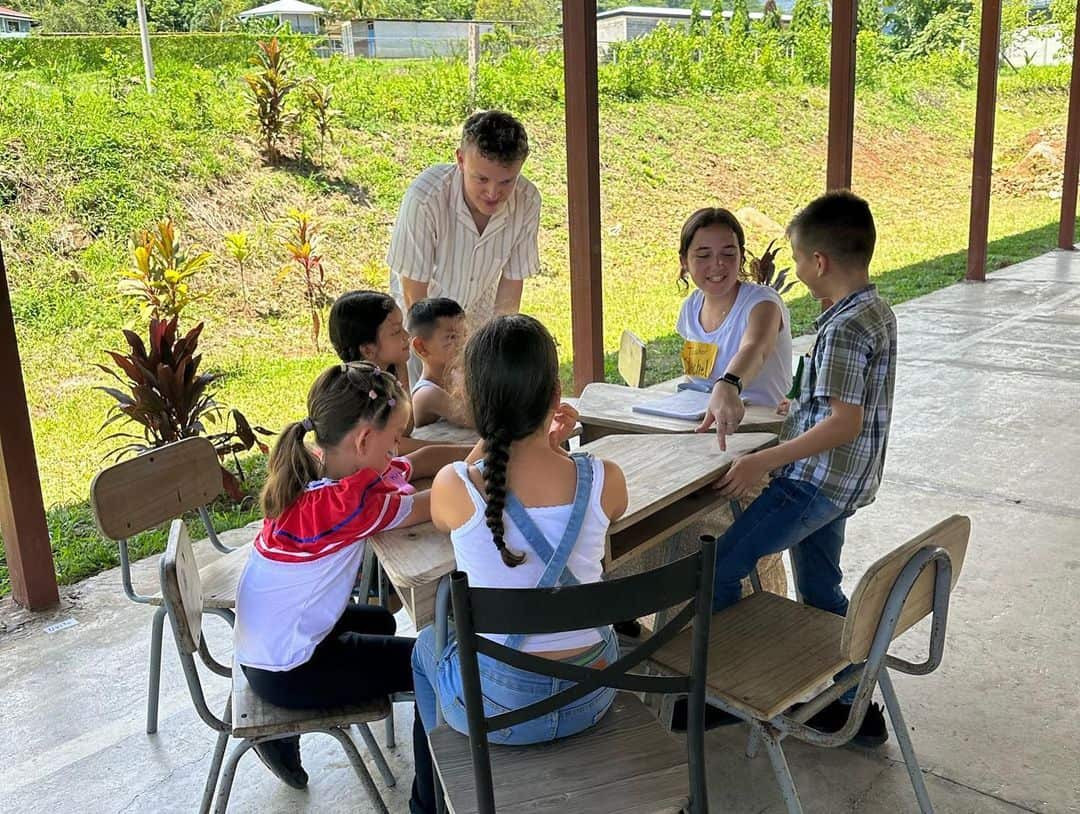
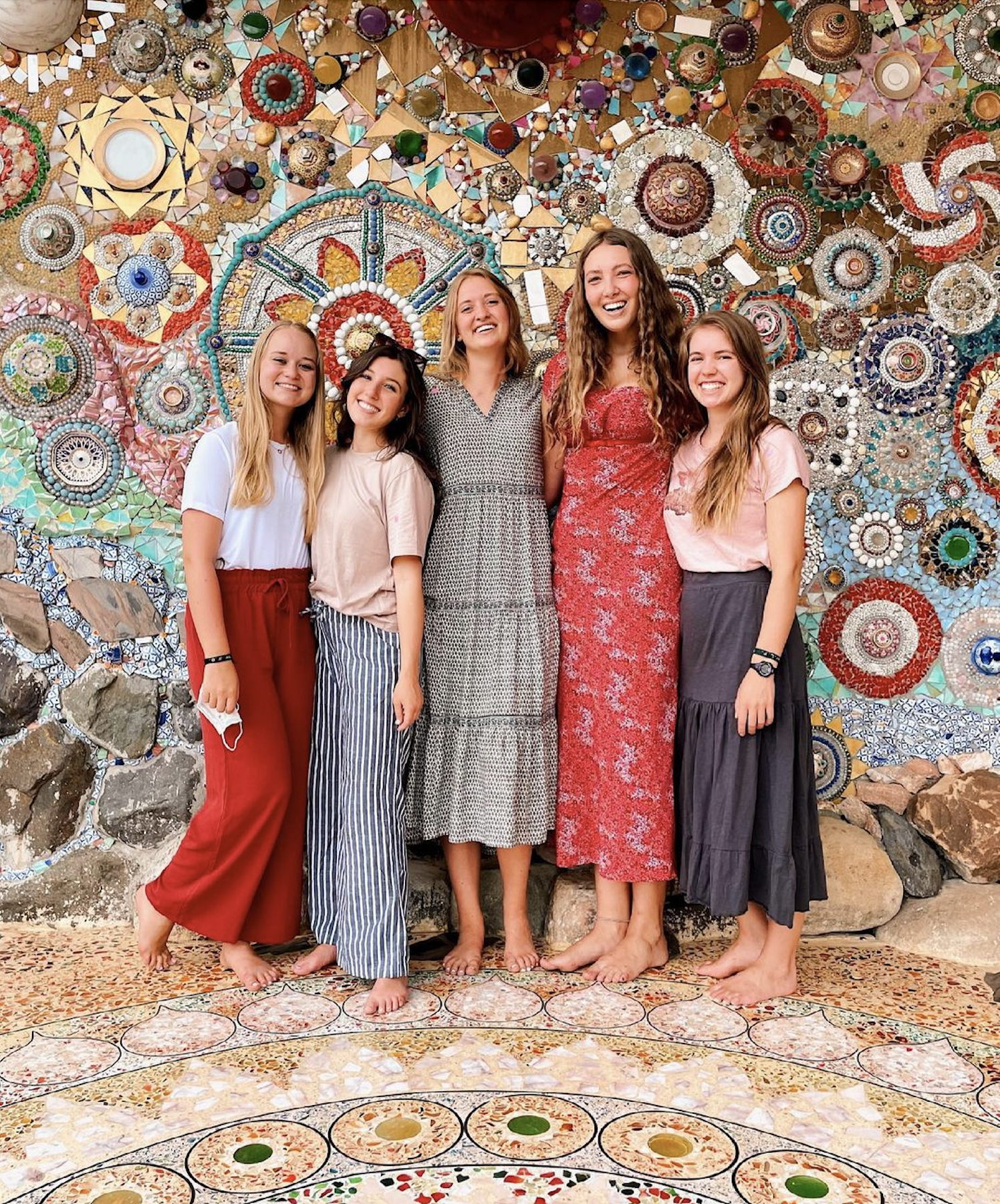
Health + Safety On An ILP Semester
Safety And Political Stability
ILP uses 3 watchtowers to determine the current stability of each location: other organizations and universities with programs in similar locations, the State Department, and Local Coordinators.
Nearby Facilities
Medical care is available in every city.
High Standards
Do you wonder about the values of the other volunteers your son or daughter will be with? All ILP volunteers agree to follow our Code Of Conduct.
In-Country Support
We don’t just send volunteers abroad for a semester alone. Each group has a Local Coordinator in-country to take care of questions and needs. A group Head Teacher communicates weekly with the office in Utah, and ILP Directors visit the volunteers and the school once each semester.
Safe Living Arrangements
The type of housing depends on the location, however, volunteers live either with a local host family or with a group of other volunteers. Dorm living is located either on or near the school and is always with the other ILP volunteers. Host families are picked by a Local Coordinator and often are parents of the students ILP volunteers are teaching.
Parent Support
Stay Connected
Communication is easy! All volunteers have access to WiFi either at their home, their school, or cafes around the area. Many volunteers opt to purchase a data plan in-country (through a local SIM card) if they don’t already have an international plan, but it’s also possible to stay in touch for free via WiFi calling apps, social media, email, and more.
Make The Trip
You’re welcome to visit your daughter or son in-country. Come enjoy the sights with them — hike to waterfalls in Costa Rica, visit the beaches in Mexico, and go on a safari in Uganda. Volunteers love showing you places that mean so much to them.
What Can I Do?
Volunteers need support from home. As you can expect with any experience (especially a challenging one like living in another country), there will be ups and downs. Something as simple as a phone call can be immensely helpful as they navigate this adventure.
